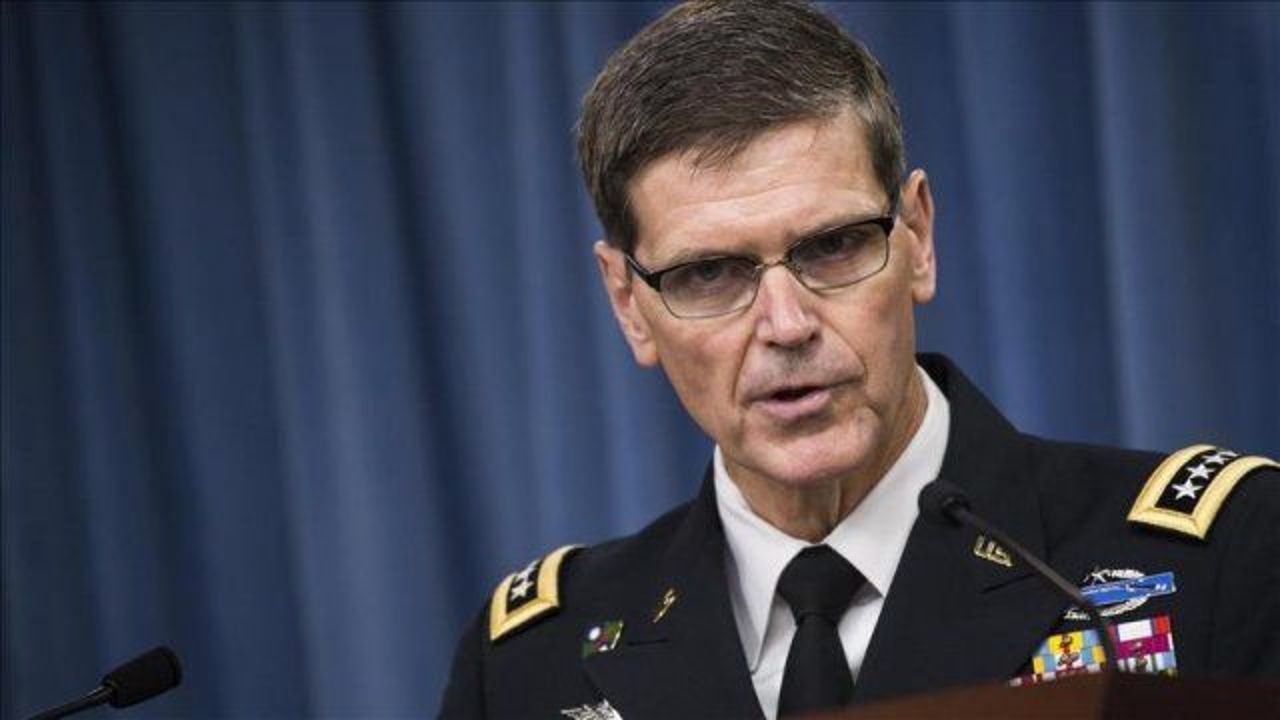US formally investigating deadly Mosul airstrike
The head of U.S. Central Command said Wednesday that a U.S. probe into a deadly airstrike in Mosul has officially transitioned from an "assessment" into a formal investigation.

Gen. Joseph Votel told lawmakers on Capitol Hill that the "more formalized approach" will seek to identify accountability in addition to determining the facts of what happened.
The March 17 airstrike in western Mosul killed scores of civilians. But the events leading up to the full-fledged collapse of a civilian-populated building remain murky.
"There's a fair chance that we may have contributed to this, and so now we have moved to the investigation phase," Votel said at the House Armed Services Committee.
His comments echo those of coalition commander Gen. Stephen Townsend who acknowledged in a terse back and forth with reporters on Tuesday that the U.S. "probably had a role" in the strike.
He said the U.S. inquiry is looking at the possibility that the strike triggered a larger blast of Daesh-planted explosives.
The admissions come as accounts of mounting civilian casualties in the Mosul campaign continue to pour in.
On Monday Amnesty International admonished the U.S. for the recent spike, saying in a report that "hundreds of civilians" have been killed after being told by Iraqi forces to stay inside for their own protection.
"The high civilian toll suggests that coalition forces leading the offensive in Mosul have failed to take adequate precautions to prevent civilian deaths, in flagrant violation of international humanitarian law,” said the group's senior crisis response adviser Donatella Rovera, after carrying out field investigations in Mosul.
Votel maintained that the U.S.' rules of engagement have not been relaxed since President Donald Trump came to power in January.
He said 284 members of Iraqi security forces have been killed and over 1,600 have been wounded in the Mosul campaign.
Anadolu Agency







